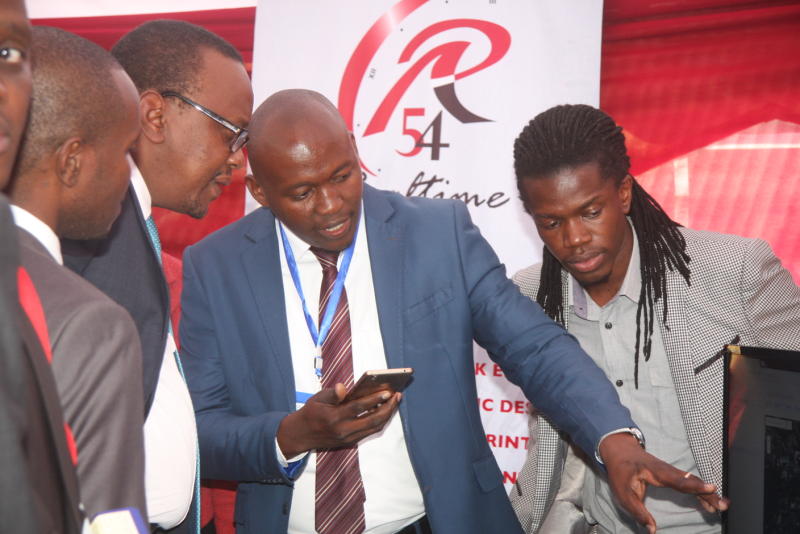
A mugging experience that Eric Murithi went through sowed the idea of an enterprise. When thieves accosted him and a friend one evening on their way home in Lower Kabete, the usual screams were not loud enough to elicit any response, they found themselves without a means to call for help. You must also have heard stories of friends or family who have encountered thugs.
A simple spot check would establish the obvious; that few people have subscriptions to emergency services mostly because they cannot afford. Following the scary experience, Murithi, an electrical engineer, set on a journey that would see him and his colleagues turn the mobile phone into a panic button. He teamed up with Edna Kendi a software engineer and Vincent Awino, a geospatial engineer to develop Upesy through their outfit, Gravity Ltd.